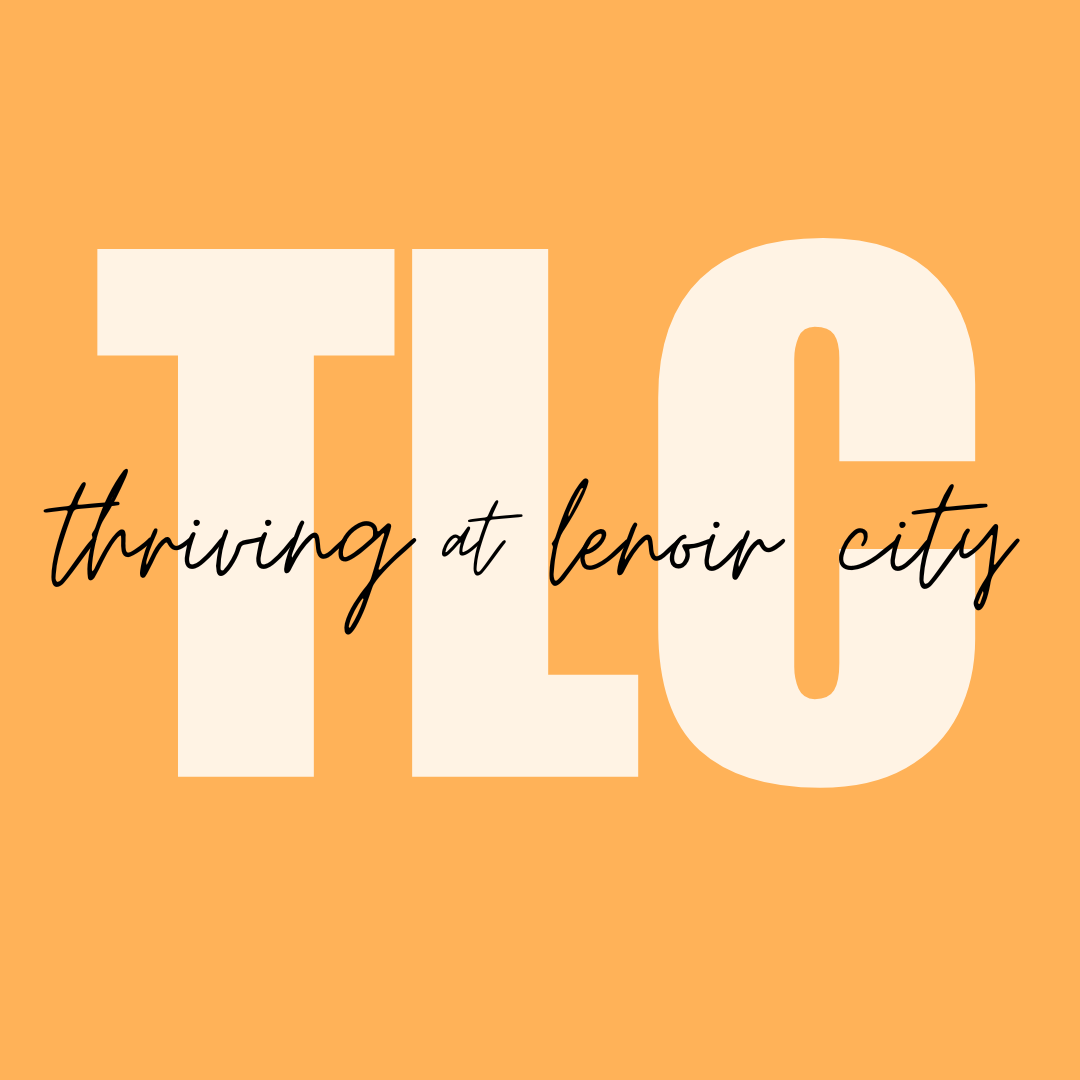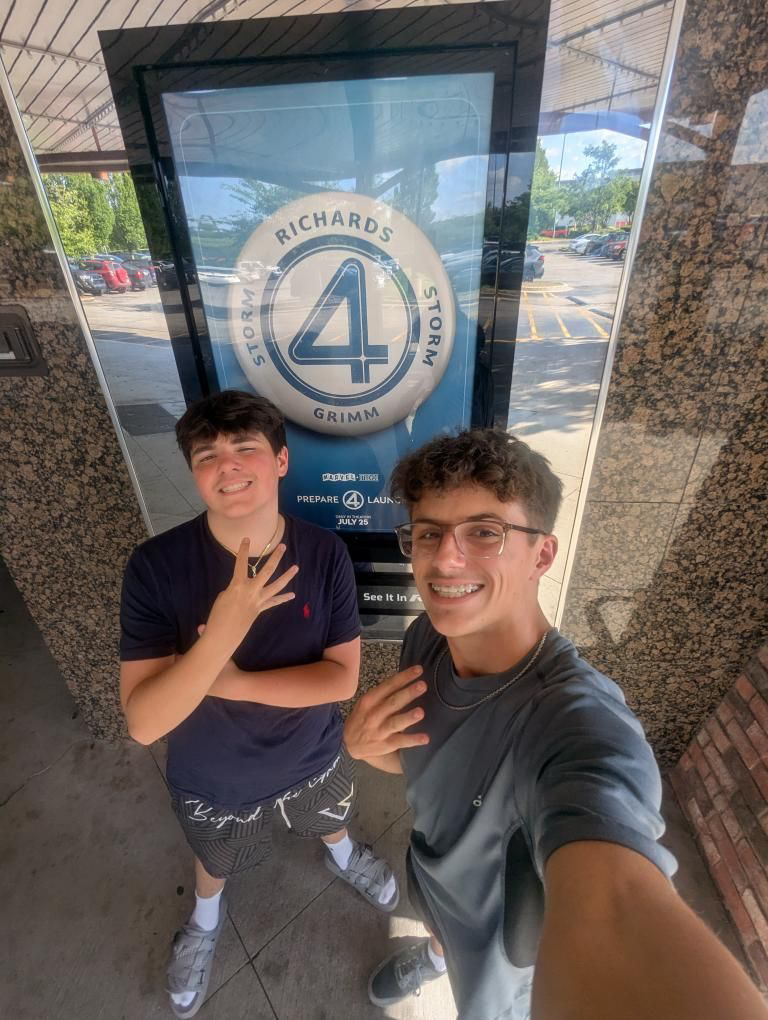We live in a world where comparison isn’t just a bad habit; it’s an instinct. With so many people posting their lives online, it’s easier than ever to get caught up in comparing yourself or your life to other people. It might feel impossible to feel satisfied with yourself when you are constantly obsessing over your shortcomings. Hopelessly pining for the things other people possess can lead to more than just discontentment but an overall less fulfilling life. It’s important to not let comparison take away from your joy. This article was prompted by the quote “Comparison is the thief of joy,” stated by President Theodore Roosevelt. This is a phrase Mr. Cross, the choir director and student body voted “Most Inspirational Teacher,” frequently uses to help encourage his students. Mr. Cross describes his experience with dealing with comparison.
“If we spend life comparing what we have, just if we’re thinking about possessions, we’re not going to have that joy. It’s gonna steal joy from us, and joy is worth fighting for. Joy is worth working for. Joy is worth having. Always. It’s worth sacrificing for. So, think about it that way: if comparison is going to steal joy, it’s going rob joy from you. I would choose, then, to have more joy and less comparison in my life,” Cross said.
By definition, comparison means acknowledging the similarities and differences between something. It’s human nature. It’s a survival instinct. Without comparison, how would we determine which animals are harmful or which produce is better in the grocery store? Comparison only becomes harmful when you compare yourself to other people. Mr. Cross further shares his warnings about the dangers of comparison.
“If we spend our time worrying, focusing, dreading, or adding extra anxiety to ourselves because we are focusing on what somebody else has or gets to do in comparison to what we have, we spend life feeling sorry for ourselves. I choose not to because life is too precious. Life is too short. Life is so fast. Life is so full of opportunities for joy. We just have to find it in different ways,” Cross said.
When you compare yourself to someone else, you consider things you see in yourself as “flaws” to what you observe about other people. These days, we see most people through the lens of social media; it’s so easy to compare ourselves with just the tap of a button. This is an issue because social media is the idealized version of everyone’s life. We see ourselves as fully dynamic; we see the good, the bad, the best, and the worst. Comparison, especially through social media, is a battle that will never be won because you’re comparing your whole life to a fragment of someone else’s. Mr. Cross provides his advice on how to navigate the war of self-comparison.
“The hard part about it is that it doesn’t end. It’s so convenient to compare. It’s so easy to compare, but we can take baby steps by learning to be thankful for what we have. Then, we can work to not compare it; you’re going to be aware of it, whatever it is. I think it comes down to this idea of joy rather than feeling sorry for yourself and learning to be happy for someone else. That’s the same coin, just different sides that it landed on,” Cross said.
Whether you’re comparing your achievements, appearance, or lifestyle to other people’s, it is guaranteed to be harmful to your well-being and self-esteem. If it’s a battle you know you’ll never win, is it even worth fighting? Stop wasting your time and energy and start taking steps to free yourself from the toxic cycle of self-comparison. With less time spent thinking of your flaws and shortcomings, you’ll have more room in your life for joy and fulfillment.













